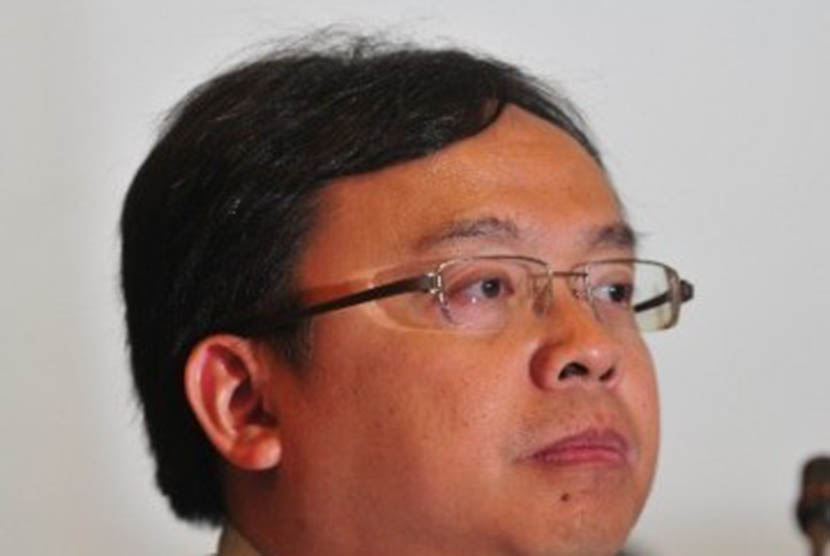REPUBLIKA.CO.ID, JAKARTA -- The Indonesian Finance Minister, Bambang Brodjonegoro, has said the Sharia financing system is useful and will be instrumental in achieving the sustainable development goals (SDGs) by 2030.
"The Sharia finance can contribute a lot towards achieving SDGs, aimed at alleviating poverty, combating inequality and injustice as well as addressing climate change in 2030," he said at the 41st Annual Meeting of the Islamic Development Bank here on Monday.
He said many aspects of the SDGs are consistent with the Islamic finance principles, such as community inclusiveness, equality, cooperation and equality for all.
According to him, the traditional Islamic financial instruments such as zakat and sadakah (alms), and endowments, which have been improving the welfare of the poor, should be encouraged and promoted.
"For example, wakf lands or mortmain properties in Indonesia today amount to 1,400 square kilometer and are worth US$ 60 billion. If these large land assets can be fully utilized, it could have a major impact on the people's welfare," Bambang said.
The governor of the central bank of the Republic of Indonesia, Bank Indonesia, Agus Martowardojo, said realizing the SDGs is very challenging because there are still about a billion people in the world who live below the poverty line.
Therefore, he added, an appropriate financing model, such as the Islamic financial scheme, should be applied to optimize the SDGs and make the program beneficial to the poor.
He explained that application of Sharia finance in the global financial system is still limited, although the Islamic finance industry has grown from US$ 1 trillion in 2009 to US$ 2 trillion in 2014.
"We need a strategy to support the Islamic financial system globally and nationally, since there are three main challenges facing the implementation of the system, namely innovation, Islamic financial experts and a strong commitment," he said.
According to Agus, Bank Indonesia has attempted to resolve these issues and has come up with an Islamic finance blueprint by establishing five strategic pillars.
The five pillars are the development of Islamic financial products and markets, the capacity building of human resources, strengthening of the framework, financing for real business sectors and small medium enterprises, and promotion of more efficient industrial structure and participation in the global Islamic finance.
"The Sharia finance plays a role in realizing the SDGs agenda. We believe the efforts made so far will help maintain financial market's stability and foster sustainable economy for people's welfare," he added.


